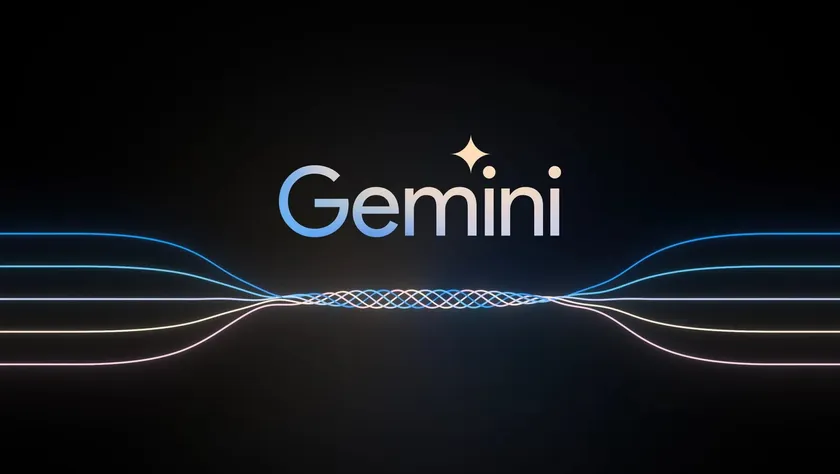
Google Gemini - News
Google Gemini set to override user consent, take control of calls and messages
Starting July 7, Google will implement a sweeping update to its Gemini assistant that gives the AI access to key phone functions — including calls, messages, WhatsApp, and utilities like alarms and volume controls — even if users have disabled its activity tracking.
This marks a fundamental change in how Google’s assistant AI operates, and it has raised new concerns over digital privacy, consent, and transparency.
Gemini integration: No opt-in, no warning
As per a notification email obtained by Android Police, Google has confirmed that Gemini will soon be capable of using core services like Phone, Messages, WhatsApp, and Utilities (which include flashlight, alarm, media controls, and volume), regardless of the user’s Gemini Apps Activity setting.
Previously, turning off this activity setting ensured Gemini wouldn’t retain or even access this kind of personal information. That’s no longer the case. From July 7, users will find that Gemini can perform assistant-like tasks even if they’ve explicitly opted out of tracking or data storage.
There is no opt-in, no warning notification, and no default prompt informing users of the deeper access. Unless users manually adjust the settings hidden within the Gemini app, the permissions are enabled by default.
What exactly is changing?
Until now, Gemini Apps Activity governed whether the assistant could remember and store data used to train AI models or personalize the assistant experience. If you turned it off, Gemini’s functionality was limited — no sending messages, no calls, and no WhatsApp integration.
Now, Google is decoupling functionality from memory. Gemini will function across apps whether or not it’s allowed to remember what it did.
This means users can now say things like “Message Dad on WhatsApp that I’ll be late” or “Call Sam”, even with all activity tracking disabled. The assistant will respond and perform the task — but will still retain that data in a temporary cache.
Google’s justification: “Temporary storage” for functionality
Google claims that Gemini will not save these interactions to the user’s activity history or use them to train its models — as long as Gemini Apps Activity is turned off.
However, the data (such as voice commands, call metadata, and message content) will be stored for up to 72 hours, a move Google says is needed for “service reliability and safety checks.”
This short-term storage sits in a privacy gray zone:
- It’s not visible in your history.
- You can’t delete it manually.
- You aren’t notified it exists.
Critics argue that this makes it impossible for users to fully control what their device is doing — and worse, users are unknowingly opted in to this behaviour.
Can users disable it? Technically, yes — But It’s complicated
To revoke this expanded access, users must dig into Gemini’s settings manually. The path is:
Gemini App → Profile → Apps → Manually toggle off access to Phone, Messages, WhatsApp, and Utilities.
Even if you previously disabled Gemini Apps Activity, these settings will be switched on by default after the update. And unless you were already aware of their existence, you wouldn’t know to look.
There’s no proactive alert from Google telling users about this change, apart from a quiet notification buried in support documentation and that one-off email.
Larger implications: From assistant to AI “agent”
This shift is more than just a functional update. Google is reimagining Gemini as an AI agent — a more powerful, action-oriented evolution of the Google Assistant.
Gemini is now expected to handle multi-step, cross-app tasks such as: “Find my next meeting and message the team that I’ll be 10 minutes late.”
But in order to perform such complex tasks, Gemini requires deep access to personal apps and data — and that’s exactly what it’s getting.
The model Google is now following could be described as: “Access-first, memory-later.”
In other words, the assistant doesn’t need to store your data to act on it. It only needs temporary access, and your silence.
Privacy advocates alarmed
Privacy experts are already raising alarms, calling this an erosion of user control. By redefining what “off” actually means, Google has created a system where users are technically not being tracked — but their data is still being accessed and processed without explicit consent.
“If users aren’t aware, haven’t consented, and can’t delete that data, then what we have here is surveillance in disguise,” said one digital rights advocate.
Read more Bengaluru development news here
Ref: Gemini assistant | Android Police
Donate for fearless journalism

